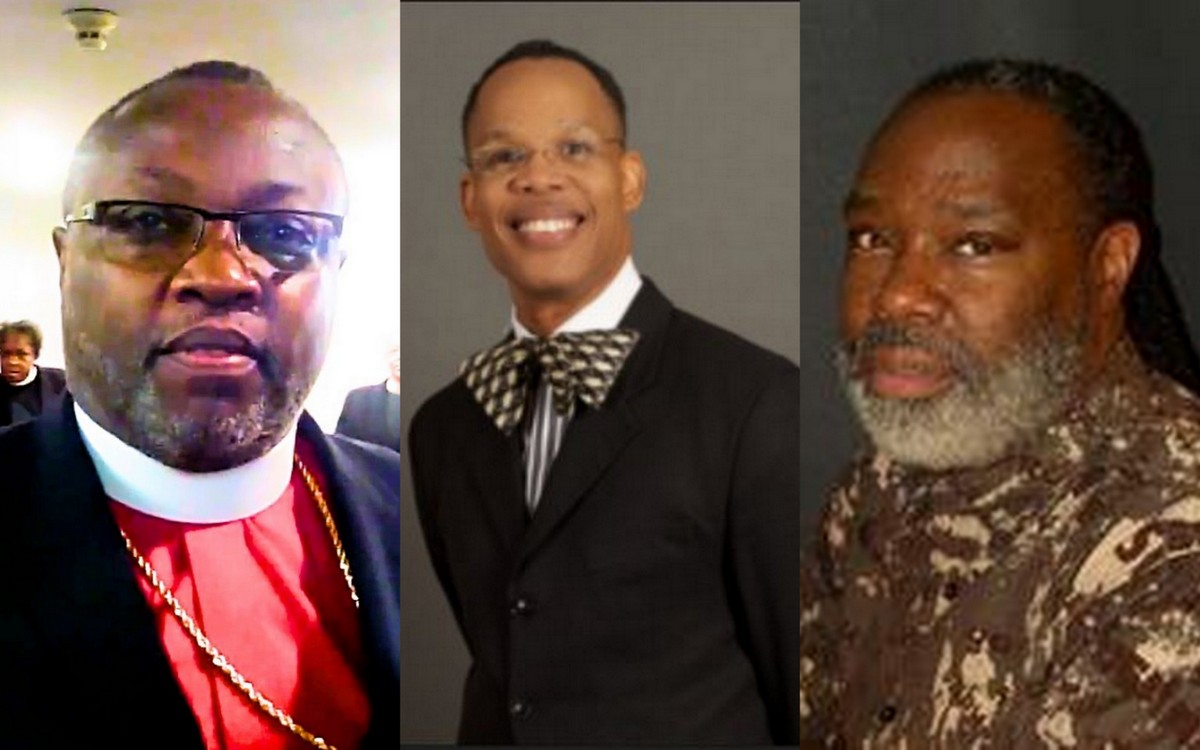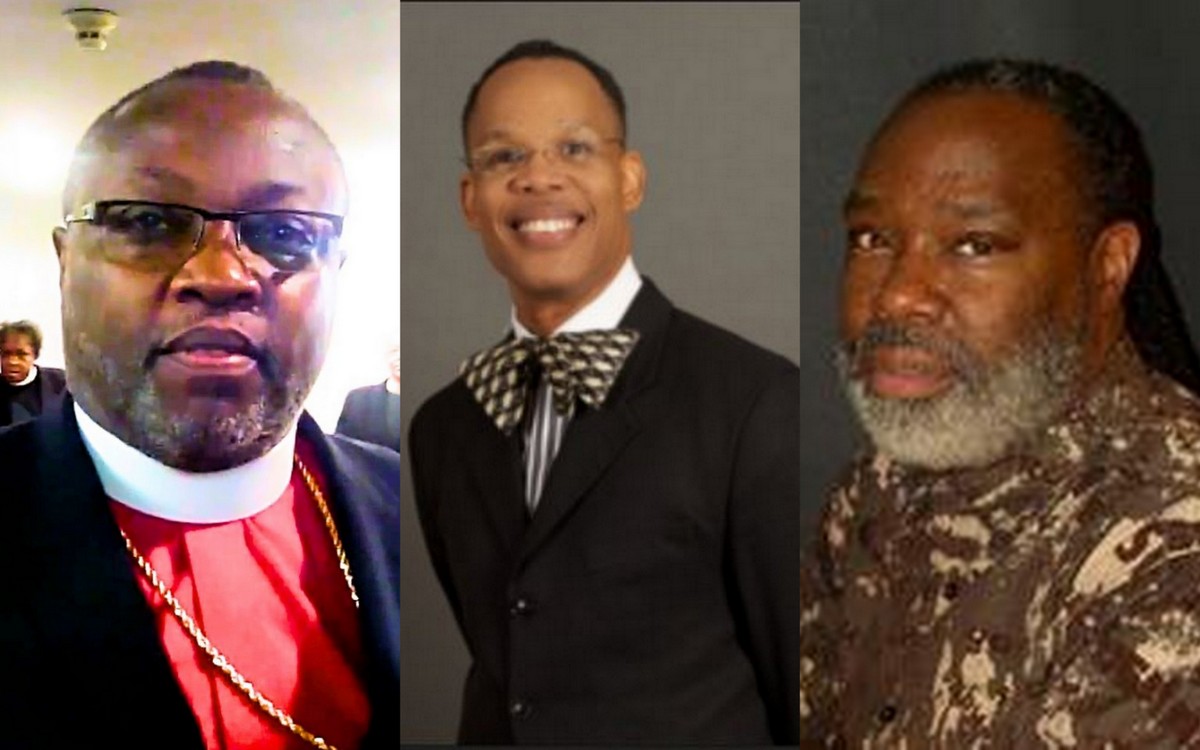[ad_1]
Submitted to the AFRO by Kevin Daniels and James L. Carter, and Dr. Paul Archibald
In the wake of the recent legislation to roll back former President Barack Obama’s 2014 ban on anti-LGBTQ discrimination by federal contractors, the Trump administration reversed its promise to the LGBTQ community by enacting the religious exemption Directive 2018-03. This legislation broadly expands the rights of businesses with federal contracts to raise religious exemption if they’re accused of discrimination. A religious exemption provision is a statute that allows persons or entities to be exempt from certain acts if it contradicts their sincere religious beliefs, and while these statutes may be an opportunity for some and a challenge for others, many in the LGBTQ community see these, and the recent formation of the Religious Liberty Task Force by Attorney General Jeff Sessions, as a crisis of faith. A crisis in the sense that most say it further divides and creates a preponderance of tension between those that prospectively see the faith as their religion of choice.
Given that tension, the Minister’s Conference of Baltimore and Vicinity recently partnered with another faith organization to sponsor “Preaching the Love Message without Compromise” (Preaching to the LGBTQ Community). The conference attracted over 100 faith leaders, academicians, and those that had testimony as being apart of the LGBTQ community. The conference leaders courageously scathed the height of similarities and probed the depth of differences. According to Pew Research, 51 percent claim Christianity; 31 percent no religious affiliation; 8 percent Jews and Muslims; 10 percent not sure, which left many to dispel the myth that the Christian church has been the most antagonistic against the LGBTQ community when the opposite is statistically true – the church has been the most welcoming for many. However, many acknowledged that what has been left unexplored by faith organizations is how to effectively dialogue with the LGBTQ community, how to reach those with no religious affiliations and even those faith organizations beyond Christianity that do not open the door for this kind of dialogue and in some cases might not even be pursued by the LGBTQ community.

Also, Dr. Paul Archibald, assistant professor and curriculum chair of the Diversity sequence at Morgan State University School of Social Work, shared concerning the full biopsychosocial scope of human diversity and the dimensions of human sexuality, along with the cultural and religious barriers that tend to coexist with improper labeling, especially with those that may or may not be a part of the LGBTQ community. What appeared critical to the conversation beyond the legal, historical, genetic, philosophical and theological similarities and differences was the emerging awareness of intersexuality, in which persons that are born with mixed variations of genital ambiguity, combinations of chromosomal genotype, and sexual phenotype other than XY-male and XX-female, and most importantly for faith organizations, how to do effective ministry and counseling with that depth of difference.
Other academicians and clergy shared the scope of faith organizations that welcome and affirm vs. those that welcome and not affirm, as well as, the multidimensional components of love, which is inclusive of theological, social, and corrective imperatives; but more specifically, how to build a beloved community, which is a part of a faith’s theological mission. Building a beloved community ensures intergenerational dialogues, proper dialoguing conversations, Trauma-informed ministry, having proper referral systems in place, awareness of safe places that begin to build trust and rapport, healing spaces to share stories, correct interpretations of biblical literature, deciding whether your organization will be a turning away, turning against, or turning towards type of care facility. Many evaluated the conference as extremely informative, wanting further dialogue to develop a plan of action to implement all components, and many shared their initial ambiguity with a conference of this magnitude, but thanked the Minister’s Conference for its bold stance in seeking awareness and dialogue. Lastly, stories were shared concerning both positive and negative experiences in engaging faith organizations, which left many to ponder the biblical narrative of the Good Samaritan and challenging many to probe Who is our neighbor?
Dr. James L. Carter is president of the Minister’s Conference (Baltimore & Vicinity) and pastor of The Ark Church.
Dr. Kevin Daniels, is chair of the Civic Action Committee (Minister’s Conference)and associate professor, Morgan State University, School of Social Work
Dr. Paul Archibald is CEO and founder of Archibald Optimal Health Services.
The opinions on this page are those of the writers and not necessarily those of the AFRO.Send letters to The Afro-American • 1531 S. Edgewood St. Baltimore, MD 21227 or fax to 1-877-570-9297 or e-mail to [email protected]
[ad_2]
Source link

